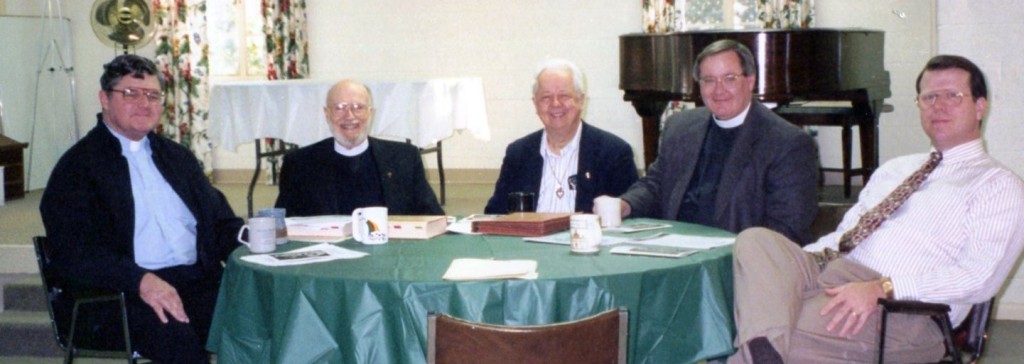On October 31, 1517 Martin Luther posted his 95 Thesis on the door of the Wittenberg Church. He had no clue that his “protest” against indulgences would ignite a socio-political and religious revolution. Next year will be the 500th anniversary of the Protestant Reformation. I’ve been wondering how Christian churches should observe this anniversary. What resources can we employ to teach God’s people about the history of the Faith?
When the Whole World is Watching
 I’ve been watching the coverage of the Papal Conclave. I find it amazing that the whole world is watching in anticipation. When the Church of God convenes in General Assembly, it’s not worthy of national coverage on CNN or FOX. The same can be said of other Pentecostal or Protestant churches. It seems that no one cares when Protestants elect a leader.
I’ve been watching the coverage of the Papal Conclave. I find it amazing that the whole world is watching in anticipation. When the Church of God convenes in General Assembly, it’s not worthy of national coverage on CNN or FOX. The same can be said of other Pentecostal or Protestant churches. It seems that no one cares when Protestants elect a leader.
Five hundred years after the Reformation, the selection of a new Pope still matters to the world. And, whether we like it or not, it matters to Protestants and Pentecostals.
“But What about the Bible!”
One of the most significant seasons of my spiritual journey was with a small group of pastors in Moultrie, Georgia (circa 1990s) who met weekly to study the gospel text of the common lectionary. The group consisted of an ecumenical mix of two Episcopal priests, one Catholic priest, two Methodist pastors, one Baptist pastor, and me (the Pentecostal). One might wonder how such a group could meet without theological debate, but as we met each week and focused on our gospel study, we discovered we had more about which we agreed than disagreed. In this diversity, each person contributed from his ecclesiastical tradition and was eager to learn about the traditions of others. I have often said that it was in those meetings that I received my theological education.

Is Your Church Too Small?
“For their sakes I sanctify Myself, that they themselves also may be sanctified in truth. I do not ask on behalf of these alone, but for those also who believe in Me through their word; that they may all be one; even as You, Father, are in Me and I in You, that they also may be in Us, so that the world may believe that You sent Me“ (John 17:19-21).
As a teen attending a Pentecostal church in the 1970s I consistently heard bold pronouncements about the dead Baptists, the apostate Methodists, and above all the “great whore” – the Catholic Church. The concept of ecumenism was most often presented as a diabolical scheme to form a “one-world” church led by the “false prophet” for the purpose of worshiping the notorious antichrist. As a young pastor in the 1980’s I discovered that these sentiments were firmly entrenched traditions in Pentecostal churches.
